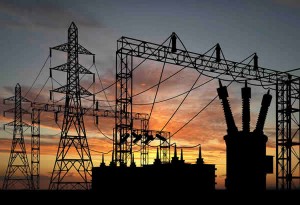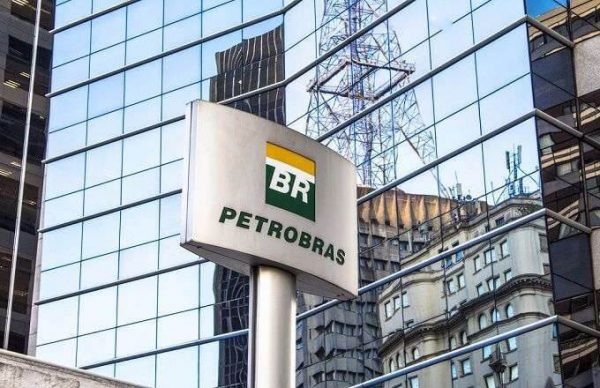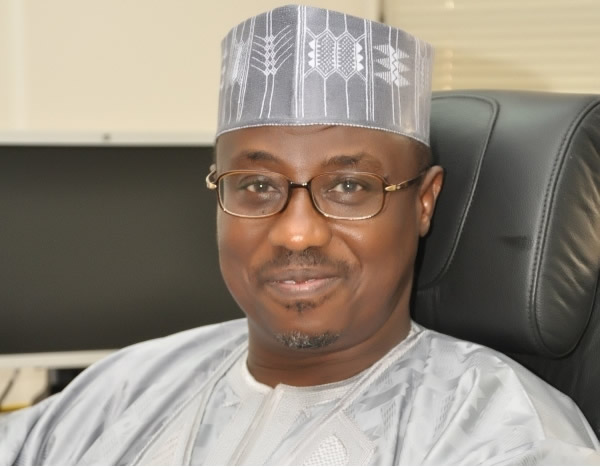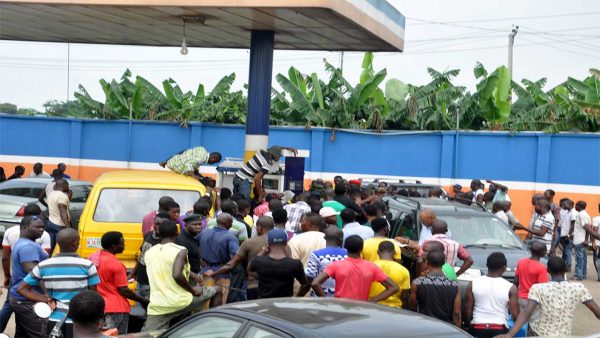Power grid risks collapse amid low spinning reserve
 The nation may be teetering on the brink of another power system collapse as the quantum of spinning reserve aimed at forestalling such occurrence remains low.
The nation may be teetering on the brink of another power system collapse as the quantum of spinning reserve aimed at forestalling such occurrence remains low.
The nation recorded its latest total system collapse last Friday, the 17th time this year, causing the power generation to fall to 2,555.7 megawatts as of 6am on Saturday from 3,596.2MW the previous day and worsening the outage being experienced by households and businesses across the country.
Spinning reserve is the generation capacity that is online but unloaded and that can respond within 10 minutes to compensate for generation or transmission outages.
Out of the six power stations meant to provide spinning reserves, only one had actual reserve of 9.4MW as of 6am on Wednesday, September 21, down from 17.4MW on Sunday and 30.4MW on September 10, industry data obtained by our correspondent showed.
The power stations are Egbin, Kainji, Delta, Olorunsogo II, Geregu II, and Omotosho II, with combined reserve capacity of 235MW.
The reserve capacity and actual reserve of Egbin and Kainji stood at zero as of Wednesday, while those of Delta were 80MW and zero, respectively.
Olorunsogo II and Geregu II had reserve capacities of 80MW and 35MW respectively while their actual reserves stood at zero.
Actual reserve at Omotosho II stood at 9.4MW out of a reserve capacity of 40MW, the data showed.
This year, the nation’s power grid has so far recorded 22 collapses – 16 total and five partial collapses, up from 10 and 13 in the whole of 2015 and 2014 respectively.
Total power generation stood at 3,645.6MW on Wednesday, down from 3,949.3MW on Monday. It had risen to 3,724.6MW on Sunday from 2,555.7MW on Saturday.
While explaining some of the causes of system collapse, the Chief Executive Officer, Eko Electricity Distribution Company, Mr. Oladele Amoda, said, “Sometimes, if a machine trips at a generation station and takes out a lot of load, it can cause that. At times, there could be problems on the transmission line. If any of the lines trips off, then there will be a load swing, which will destabilise the system.
He said, “We are supposed to have a generator that is just running on standby so that if there is any major chunk of load that is out of the system suddenly, that generator will just take it up and balance the load.
“Those that have spinning reserve need to be paid for just running their machines. I think arrangement is being made to have them paid regularly because they have been providing but have not been paid. So they said they would not continue to provide that service. But I think the ministry is doing something about that.”
The Managing Director and Chief Executive Officer, Egbin Power Plc, Mr. Dallas Peavey, Jr., had in an exclusive interview with our correspondent, said, “Right now, because of gas and transmission issues, we only have three of our six units running. Each one of our units can produce 220MW. For a megawatt, that is about a 100,000 people that it provides power for.
“We are helping to stabilise the national grid. If you notice, over the last six weeks, we haven’t had a grid failure or system collapse because of Egbin. Egbin is the sole reason why there has not been a total system collapse in the nation because we regulate everything coming to Lagos, all the way to Abuja and farther north.”
A former Minister of Power and Chief Executive Officer of Geometric Power, Prof. Bart Nnaji, has suggested that mini grids should be created in the country rather than depending solely on the national grid.
He said the creation of mini grids would help to curb the occurrence of total power system collapse and contribute towards sustainable electricity in the country.
Nnaji, who noted that the transmission network in Nigeria was grossly inadequate, said, “If you are using a national grid, stability of the grid is important. I actually don’t advocate a national grid if you are talking about sustainability.
“The national grid could be a super grid but it should have mini grids. Like Eko Electricity Distribution Company should have its own grid that can be sustainable; Ikeja Disco has its own grid. “When you have it like that, it is easier not to have a total countrywide system collapse,” he said.







